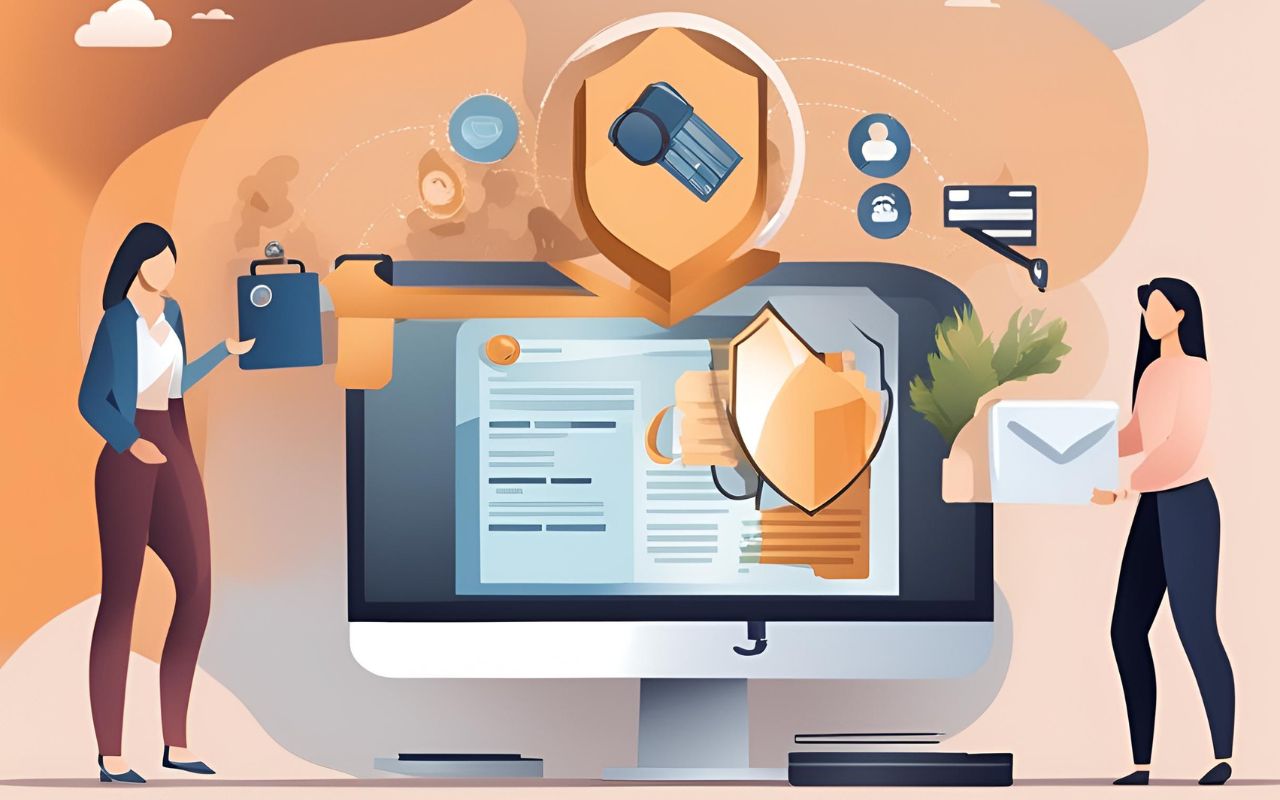
Handling disputes and issues with clients or platforms is an inevitable part of freelancing. While the gig economy offers flexibility and independence, it also brings challenges, such as miscommunication, payment delays, and contractual disagreements. Learning to effectively manage and resolve these disputes is crucial for maintaining a successful freelance career. This article provides 10 proven strategies for handling disputes and issues with clients or platforms, helping you navigate conflicts professionally and maintain positive relationships.
What is Dispute Resolution in Freelancing?
Dispute resolution in freelancing involves addressing and resolving conflicts between freelancers and their clients or the platforms they use. These disputes can arise from various issues, such as payment disagreements, contract misunderstandings, and quality of work. Effective dispute resolution ensures that both parties reach a mutually beneficial agreement without damaging their professional relationship.
Why Handling Disputes is Crucial
Handling disputes effectively is crucial for several reasons. First, it helps maintain professional relationships, which are vital for securing repeat business and referrals. Second, it protects your reputation, which is essential in the competitive freelance market. Third, resolving disputes efficiently minimizes financial losses and ensures you receive fair compensation for your work. Lastly, it reduces stress and enhances your overall work experience.

10 Proven Strategies for Handling Disputes and Issues with Clients or Platforms
1. Set Clear Expectations from the Start
Establishing clear expectations at the beginning of a project can prevent many disputes. Ensure that you and your client have a mutual understanding of the project scope, deadlines, payment terms, and deliverables. Document these details in a written contract to avoid misunderstandings.
2. Communicate Effectively and Regularly
Effective communication is key to preventing and resolving disputes. Keep your clients informed about the project’s progress and address any concerns promptly. Use clear and concise language, and confirm important discussions in writing to ensure there is a record of what was agreed upon.
3. Stay Professional and Calm
When a dispute arises, stay professional and calm. Avoid reacting emotionally or defensively. Instead, approach the issue objectively and focus on finding a solution. Maintaining professionalism helps de-escalate the situation and fosters a more productive dialogue.
4. Listen to the Client’s Perspective
Listening to your client’s perspective is crucial in resolving disputes. Understand their concerns and show empathy towards their situation. By acknowledging their viewpoint, you can work towards a resolution that satisfies both parties.
5. Document Everything
Document all communications and agreements with your clients. This includes emails, messages, and any changes to the project scope. Having a detailed record can be invaluable if a dispute escalates and requires mediation or arbitration.
6. Offer Solutions and Compromises
When addressing a dispute, be prepared to offer solutions and compromises. Consider what you can reasonably offer to resolve the issue and present these options to your client. Demonstrating a willingness to compromise can help reach a mutually beneficial resolution.
7. Know When to Escalate
If a dispute cannot be resolved through direct communication, know when to escalate the issue. Most freelance platforms offer mediation and arbitration services to help resolve conflicts. Utilize these resources if necessary to ensure a fair outcome.
8. Seek Legal Advice if Necessary
For serious disputes, seeking legal advice may be necessary. Consult with a lawyer who specializes in freelance or contract law to understand your rights and options. Legal counsel can provide guidance on how to proceed and protect your interests.
9. Protect Your Work and Payments
Protect your work and payments by using secure platforms and payment methods. Use escrow services, which hold funds until the project is completed to both parties’ satisfaction. This ensures that you receive payment for your work and reduces the risk of non-payment.
10. Learn from Each Dispute
Use each dispute as a learning opportunity to improve your processes. Reflect on what caused the issue and how it was resolved. Implement changes to prevent similar disputes in the future, such as refining your contracts or improving your communication practices.
Common Dispute Resolution Tools
1. Mediation and Arbitration Services
Many freelance platforms, such as Upwork and Freelancer, offer mediation and arbitration services to help resolve disputes. These services provide a neutral third party to facilitate discussions and help reach a fair resolution.
2. Escrow Services
Escrow services, like those offered by Upwork and PayPal, hold funds until the project is completed satisfactorily. This protects both parties and ensures that payments are made only when agreed-upon deliverables are met.
Conclusion
Handling disputes and issues with clients or platforms is an essential skill for freelancers. By setting clear expectations, communicating effectively, staying professional, and knowing when to seek help, you can resolve conflicts efficiently and maintain positive relationships. These 10 proven strategies will help you navigate disputes and protect your freelance career.
Frequently Asked Questions
1. What should I do if a client refuses to pay?
If a client refuses to pay, review your contract and communicate with them to understand their concerns. If the issue persists, consider using mediation or arbitration services offered by your platform or seek legal advice.
2. How can I prevent disputes with clients?
Prevent disputes by setting clear expectations, documenting agreements, and maintaining effective communication. Use written contracts and regularly update your clients on project progress.
3. What are the benefits of using escrow services?
Escrow services protect both parties by holding funds until the project is completed to both parties’ satisfaction. This ensures that payments are made only when agreed-upon deliverables are met.
4. How can I improve my dispute resolution skills?
Improve your dispute resolution skills by reflecting on past disputes, seeking feedback, and continuously refining your processes. Consider taking courses or workshops on conflict resolution and communication.
5. When should I seek legal advice for a dispute?
Seek legal advice if a dispute involves significant financial loss, breaches of contract, or if you are unable to reach a resolution through direct communication or mediation.
Learn more:






